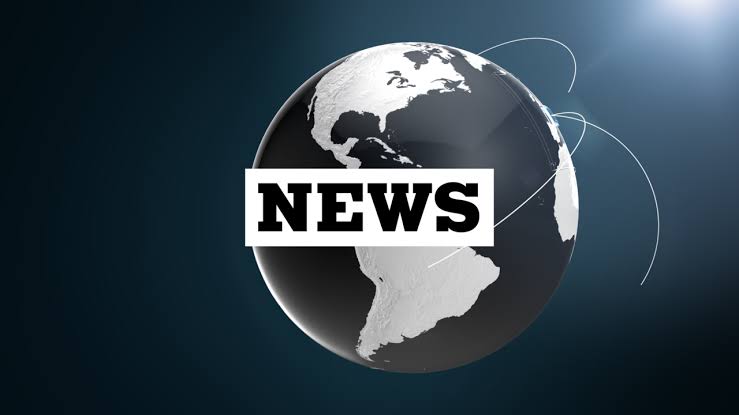The Federal Government has stressed the need to strengthen health policies and legal frameworks to address technology gaps in healthcare practice.
Minister of State for Health, Dr Adekunle Salako, who spoke at the African Bar Association Medical Committee yearly conference in Abuja, said that technologies like telemedicine, artificial intelligence (AI), precision medicine and electronic medical records (EMR) have altered traditional conception of informed consent, medical malpractice, and ethical conduct of clinical trials.
Salako said that health is not just a product available to only those who can afford it; neither is healthcare a service for profit but it is a matter of fundamental human rights that should be guaranteed by the government.
He observed that health is the cornerstone of human dignity, societal progress, and economic and human capital development. He added that governments worldwide are bound by some ethical and legal responsibility for healthcare as part of the Universal Declaration of Human Rights and the International Covenants on Economic, Social, and Cultural Rights.
Salako emphasised the need for the judiciary and the executive to collaborate to develop and enforce laws that protect patient rights, ensure data privacy, and regulate medical research.
The minister stated that the promotion of ethics in the training of health workers and the specialisation of lawyers in this area is important to increase the knowledge base of practitioners and ensure deeper penetration in the legal and healthcare professions for the well-being of Africans and humanity.
“Ethical practice begins with education. Medical and legal training programmes must therefore emphasise the importance of ethics in healthcare through regular school training and continuous professional development programmes to keep practitioners updated on emerging ethical issues,” he said.
Salako advocated equitable access to healthcare services, particularly for marginalised and vulnerable populations, adding that bringing healthcare closer to the community is a matter of ethics, which should drive the agenda of the various governments in the continent.
“We must also foster collaboration, bringing health workers, lawyers, policymakers, ethicists and civil society to work together to create a healthcare system that is both legally sound and ethically grounded.
“We must ensure transparency and accountability to build public trust. The mechanisms for monitoring and addressing unethical practices, whether they occur in public or private healthcare settings must be robust, preventive and sanction ethical abuses.”
The minister noted that Nigeria is committed to maintaining the best ethical standards in its health system, stressing that the government has established health professional regulatory agencies such as the Medical and Dental Council of Nigeria (MDCN), Nurse and Midwifery Council of Nigeria, Pharmacy Council of Nigeria (PCN), Medical Laboratory Council of Nigeria, and 10 others to regulate the various professionals within the healthcare team. He assured that the government will continue to provide the needed funding support to these agencies to ensure optimal performance.
The minister commended President Bola Tinubu for restoring budgetary funding to health regulatory bodies, which was withdrawn by the immediate past administration, describing it as a demonstration of his commitment to ethical healthcare practice in the country.
Salako noted that the establishment law of some regulatory agencies is also being amended to enable the disciplinary organs of the bodies to operate with fewer encumbrances.
He said that the Renewed Hope Agenda has placed healthcare as an urgent matter of human right for all Nigerians and as a result, various policy interventions like, social health insurance, catastrophic Health Insurance Fund, the cancer treatment fund, free cesarean section, health fellows at the grassroots level are being introduced or strengthened to address health inequity.
The minister said Africa has made remarkable strides in improving access to healthcare; the continent is still faced with systemic issues such as inadequate infrastructure, limited resources, and inequitable distribution of services.
According to him, these challenges are further compounded by the exit of human resources in the health sector to Europe, America and Middle Eastern countries leading to gaps that undermine the capacity and efficacy of healthcare systems.
“Africa has continued to struggle to deliver healthcare that is legally sound, ethically robust and safe. From unwholesome practices by some practitioners to the exploitation of vulnerable populations by quacks and charlatans, the ethical and legal challenges in healthcare are vast and complex. These issues not only erode public trust but also hinder our collective ability to achieve universal health coverage and the Sustainable Development Goals,” he said.
Salako said the intersection between ethics and healthcare practice provides the framework to address some of these challenges, guide healthcare practice accountability, stewardship and justice, as well as ensure decisions that respect the dignity, autonomy, and rights of patients.
SOURCE: GUARDIAN NEWSPAPER


